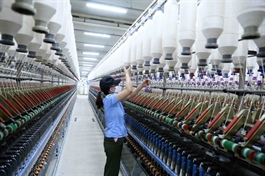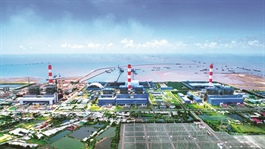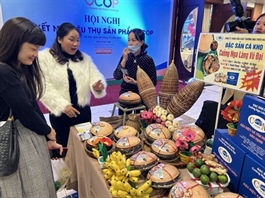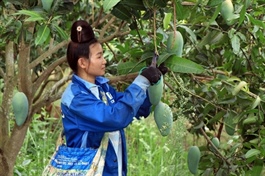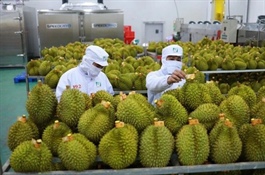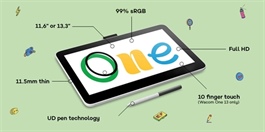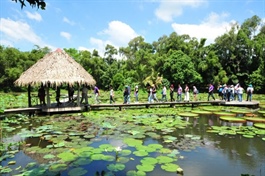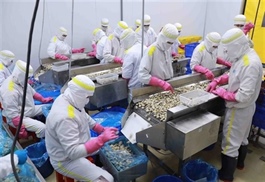Livestock companies latch onto gains involving circular economic model
Livestock companies latch onto gains involving circular economic model
The circular economy is hitting its stride among livestock companies across the country, and are expected to gain increased revenues in the next few years thanks to applying fresh and greener methods.

Greenfeed, a Vietnamese enterprise with 20 years of experience in the livestock sector, has promoted a circular economy in the supply chain and invested significant resources in a waste treatment system for many years.
According to sustainability director Pham Tuan Anh, solid waste on Greenfeed’s farms will be composted and processed as organic fertiliser to provide abundant nutrients to plants and increase soil organic matter. With wastewater, this business will process and recover biogas to activate generators and produce electricity for the farm’s operating needs.
“The amount of biogas generated can meet 50-80 per cent of the farm’s electricity needs. Last year, the proportion of renewable energy from biogas and biomass accounted for 12.3 per cent of the group’s energy structure,” Tuan Anh said. “Green transformation and emission reduction in the production process are one of the important driving forces pushing the company to triple annual revenues to $3 billion in the future.”
Greenfeed Vietnam is just one of many livestock companies practising circular economy in treating waste, especially wastewater.
C.P. Vietnam, a Thai-backed enterprise, also applies circular economy principles in waste management to minimise waste in the production process while optimising resource use. Typically, water reuse from livestock activities uses biogas generators to replace electricity at peak hours.
In addition, manure from production, chicken coop floor lining materials, sewage sludge from water treatment, eggshells, and organic waste are composted into fertiliser and used to grow vegetables for the company’s employees. Moreover, the waste is also put into the biogas system to be converted into methane gas to help generate electricity.
In general, livestock companies in Vietnam have developed and applied models such as garden-pond-livestock pens, shrimp-rice and rice-fish rotary farming, production of organic fertilisers from agricultural discharges, bio-safe breeding, and aquaculture with water circulation technology.
Tong Xuan Chinh, deputy director of the Department of Livestock Production under the Ministry of Agriculture and Rural Development, said that the industry discharges an average of 61 million tonnes of manure and over 304 million cubic metres of wastewater into the environment each year, of which nearly 80 per cent is untreated.
“The industry poses a much greater challenge to environmental protection and greenhouse gas emissions. There are currently nearly 49,000 livestock farms in operation, and this number is increasing. If problems related to emissions into the environment cannot be handled, lives will be threatened,” Chinh said.
Many livestock businesses are accelerating green transformation, reducing emissions in the production process, and meeting more stringent conditions when reaching international markets, while solution providers are updating new methods to meet the more strict orders of related companies.
Vu Tien Anh, director of TA Water Treatment Company, said that it takes significant electricity to operate a wastewater treatment station with an average capacity of about 1,000cu.m per day.
“The cost of electricity to pour into wastewater treatment is generally too high,” he said. “Today’s popular wastewater treatment solutions such as filter core technology have been around for more than 80 years and their quality depends on alternative materials, while chemical and microbial treatment technology has been around for more than 100 years and takes up to three months to treat under stable conditions.”
To overcome the limitations of old treatment methods, Tien Anh’s company researched and introduced a new technology in 2016 called MET.
“The entire waste treatment process of MET technology is completely natural, uses filter materials and activated carbon, and does not consume electricity,” he said.
Tien Anh believes that the biggest barrier when bringing MET to businesses is that it is too new compared to current technologies, while livestock businesses prefer to prioritise factors such as price and availability of technology when looking for wastewater treatment solutions.
“The world is moving towards green technology solutions, including limiting the use of chemicals and saving electricity. The more MET develops, the more consumers will benefit,” he added.







